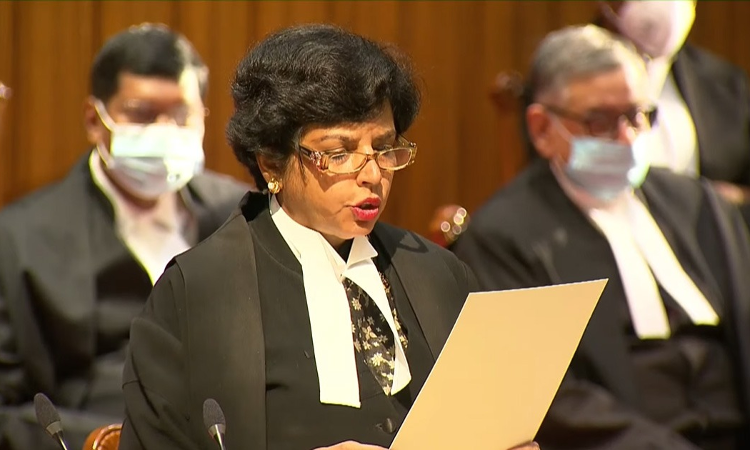'Law Should Not Remain An Old Boys Club' : Justice Hima Kohli Calls For More Gender Representation
Awstika Das
12 Dec 2022 5:12 PM IST

Next Story
12 Dec 2022 5:12 PM IST
Women in the field of law not only get less work and paid less as compared to their male counterparts, but also get fewer opportunities to become partners in law firms or empanelled in the corporate or government sectors, said Justice Hima Kohli on Saturday. "There has been a running gender disparity between men and women, whether in litigation practice or in law firms. Women...
